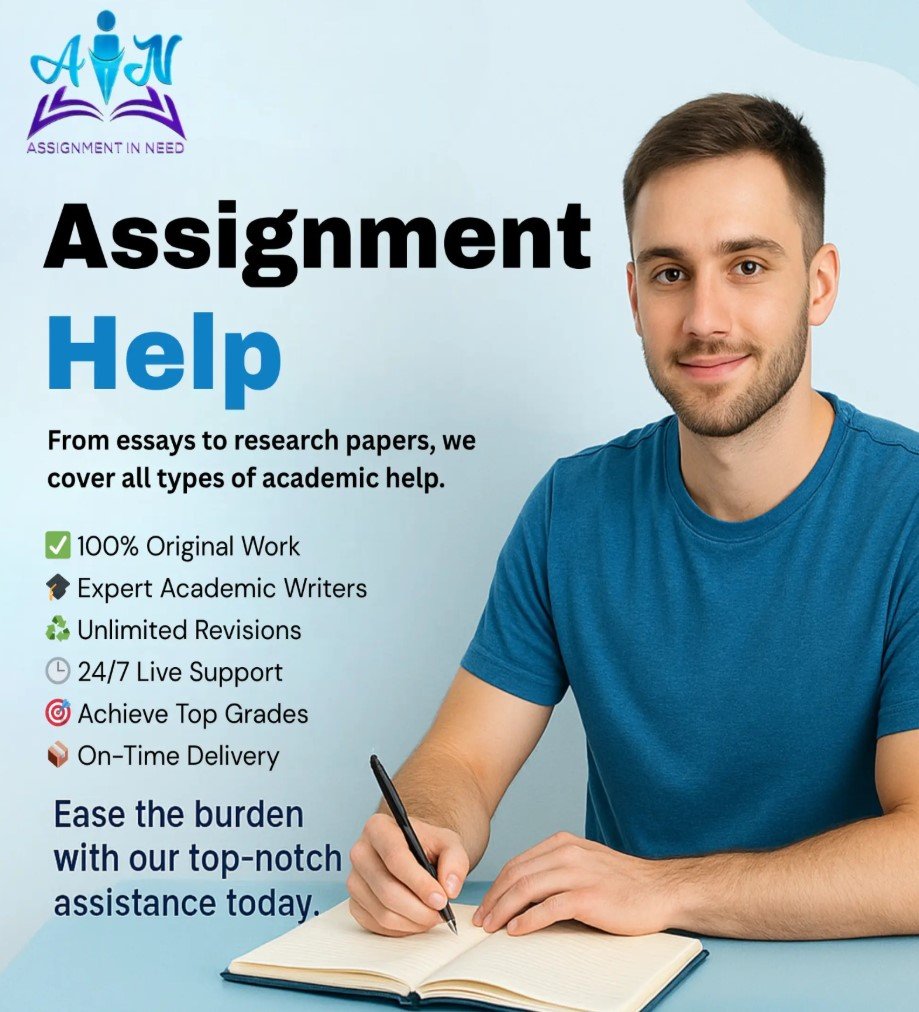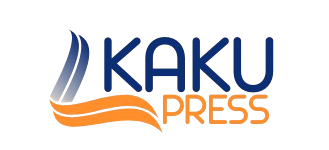The Best Techniques for Memorizing Information for Exams

Exams are an unavoidable part of academic life, and preparing for them often feels overwhelming. Whether it’s cramming complex theories, remembering endless lists, or absorbing detailed case studies, the ability to memorise information efficiently can make or break academic performance.
This in-depth guide uncovers the best techniques for memorising information for exams, blending tried-and-tested strategies with modern insights that can help any student in the UK studying at GCSE, A-Levels, or university level. Alongside these memory-boosting hacks, this post will also explore academic tools and keywords like assignment help, cheap assignment help, Do My Assignment, Dissertation Writing Help, and Instant Assignment Help, providing additional academic support ideas.
Why Memorisation Matters in Exams
Memorisation isn’t just about rote learning-it’s about absorbing, processing, and retrieving information when needed. Good memory techniques can:
- Reduce anxiety before exams
- Improve academic results
- Help with time management
- Build confidence during revision
In a system where exam scores influence future opportunities, improving memory skills is more than just useful-it’s essential.
How Memory Works: A Quick Breakdown
Before jumping into techniques, it’s crucial to understand the three stages of memory:
- Encoding: Taking in information through reading, listening, or observing.
- Storage: Keeping that information in the brain for short or long-term access.
- Retrieval: Accessing stored information when needed (e.g., during an exam).
Strong memory techniques target all three stages, especially helping students transfer knowledge from short-term to long-term memory-where it’s most useful during assessments.
Top Memorisation Techniques for Exams
Let’s explore proven techniques that support memory retention, improved focus, and better academic performance.
1. Spaced Repetition: The Science of Timing
Spaced repetition involves reviewing material at increasing intervals-rather than cramming it all in at once.
How to do it:
- Break content into small chunks
- Revise those chunks daily, then weekly
- Use flashcard tools like Anki or physical cards
Benefits:
- Reinforces long-term memory
- Prevents information overload
- Works well for detailed subjects like law or medicine
Ideal For: Students seeking structured revision without stress-especially those using instant assignment help for time-intensive coursework.
2. Active Recall: The Brain Gym Workout
Active recall involves testing yourself on what you’ve learned, rather than just re-reading or highlighting notes.
Examples:
- Answering mock questions without looking at notes
- Covering answers and re-phrasing them from memory
- Teaching the content to someone else
Benefits:
- Enhances retrieval pathways
- Encourages deep learning
- Boosts exam performance significantly
Many students who seek Do My Assignment services may use active recall to enhance learning while professionals handle more complex or time-consuming tasks.
3. Mind Mapping: Visualising Knowledge
Mind maps are visual tools that connect ideas and concepts in a networked structure-ideal for creative learners.
Steps to Create:
- Start with a central topic
- Branch out with subtopics and keywords
- Add colour, icons, or symbols for memory boosts
Benefits:
- Encourages holistic understanding
- Easy to revise at a glance
- Works well with subjects like history or business
Students relying on dissertation writing help often use mind maps to build out their thesis structure and argument flows visually.
4. Mnemonics: Tricks That Stick
Mnemonics use simple rhymes, acronyms, or phrases to help memorise complex material.
Examples:
- PEMDAS for maths operations (Parentheses, Exponents, etc.)
- HOMES for the Great Lakes (Huron, Ontario, Michigan, Erie, Superior)
Why it works:
The brain loves patterns and connections-mnemonics make dry content memorable.
Ideal for students dealing with heavy factual content in subjects like science or geography, especially when juggling with other deadlines using cheap assignment help.
5. The Feynman Technique: Teach to Learn
Named after physicist Richard Feynman, this method encourages students to explain concepts in simple terms.
How to Use It:
- Choose a topic
- Teach it as if explaining to a 5-year-old
- Identify gaps in your knowledge
- Refine and repeat
Benefits:
- Exposes weak spots
- Strengthens understanding
- Encourages deep processing
Students often combine this method with assignment help services to supplement their learning alongside coursework support.
6. Chunking: Divide and Conquer
Chunking breaks large amounts of information into smaller, more manageable pieces.
How it helps:
- Reduces cognitive overload
- Makes studying less intimidating
- Works great for formulas, dates, or foreign vocabulary
Example: Instead of remembering 149217801943, chunk it as 1492 – 1780 – 1943.
Works perfectly during revision periods when students are also managing external academic support like instant assignment help for urgent submissions.
7. Dual Coding: Visual + Verbal = Retention
Dual coding involves combining words and visuals to enhance memory.
Application:
- Turn text notes into diagrams or infographics
- Watch videos while reading transcripts
- Use sketch notes or illustrated flashcards
Why it works:
Information presented in two formats activates different areas of the brain, reinforcing learning.
Best for visual learners and students engaged in dissertation writing help, where understanding graphs, data, and sources is key.
Digital Tools That Boost Memory
Alongside traditional techniques, the digital age offers brilliant memory aids:
Top Tools:
- Quizlet (for flashcards & active recall)
- Notion (for structured revision)
- Google Calendar (to manage spaced repetition)
- MindMeister (for digital mind maps)
Pairing these tools with cheap assignment help ensures students stay on track academically without burning out.
Time Management Tips to Enhance Memory
Good memory retention is strongly tied to time discipline. Here’s how to align both:
Strategies:
- Pomodoro Technique (25 min work, 5 min break)
- Set daily memory goals (e.g., 3 flashcard decks)
- Sleep on time – memory consolidates during sleep
- Avoid multitasking – focus on one subject at a time
Students often underestimate how quality rest, revision breaks, and simple routines affect their ability to memorise. Combining time control with assignment help services can further reduce the cognitive load.
Incorporating Techniques into Daily Study
Here’s a sample weekly routine for building memory over time:
| Day | Technique | Activity |
| Monday | Spaced Repetition | Flashcard review |
| Tuesday | Mind Mapping | Summarise lecture content |
| Wednesday | Active Recall | Practice test questions |
| Thursday | Feynman Technique | Explain topic to a friend |
| Friday | Mnemonics | Create acronyms/rhymes |
| Saturday | Dual Coding | Turn notes into diagrams |
| Sunday | Chunking + Review | Break big topics and revise all |
This schedule works well for students seeking structured help with added flexibility-especially those managing extra workload through Do My Assignment services.
Key Insights: Boosting Memory with Smart Study
To truly optimise memorisation:
- Mix multiple techniques rather than relying on one
- Repeat often, revise smart
- Track progress digitally
- Take support when needed, especially from academic tools like assignment help, cheap assignment help, or instant assignment help
Strong memory doesn’t rely on talent-it comes from the right techniques and consistent effort.
Final Tips Before Exams
As exams approach, keep these final tips in mind:
- Don’t panic-revision is a process
- Focus on understanding over memorising
- Practice under exam conditions
- Prioritise self-care: hydration, sleep, mental breaks
And remember: support is available. Whether it’s Dissertation Writing Help for academic research, or assignment help services to manage complex subjects, smart students know when to use available resources.
Conclusion: Study Smart, Not Just Hard
Mastering memory is not about brute force-it’s about strategic techniques. With tools like active recall, mind mapping, dual coding, and a clear schedule, students can prepare confidently for exams. When revision becomes overwhelming or time is tight, turning to academic assistance like cheap assignment help, Do My Assignment, or instant assignment help can make all the difference.
For those looking for expert academic support, platforms like Assignment in Need (assignnmnetinneed.com) offer reliable assistance that complements independent study-ideal for students aiming for academic success without the burnout.





